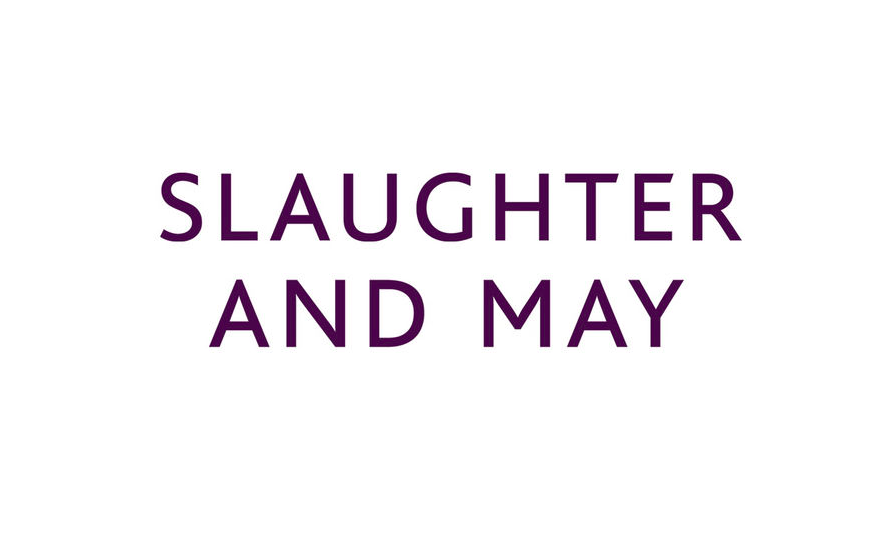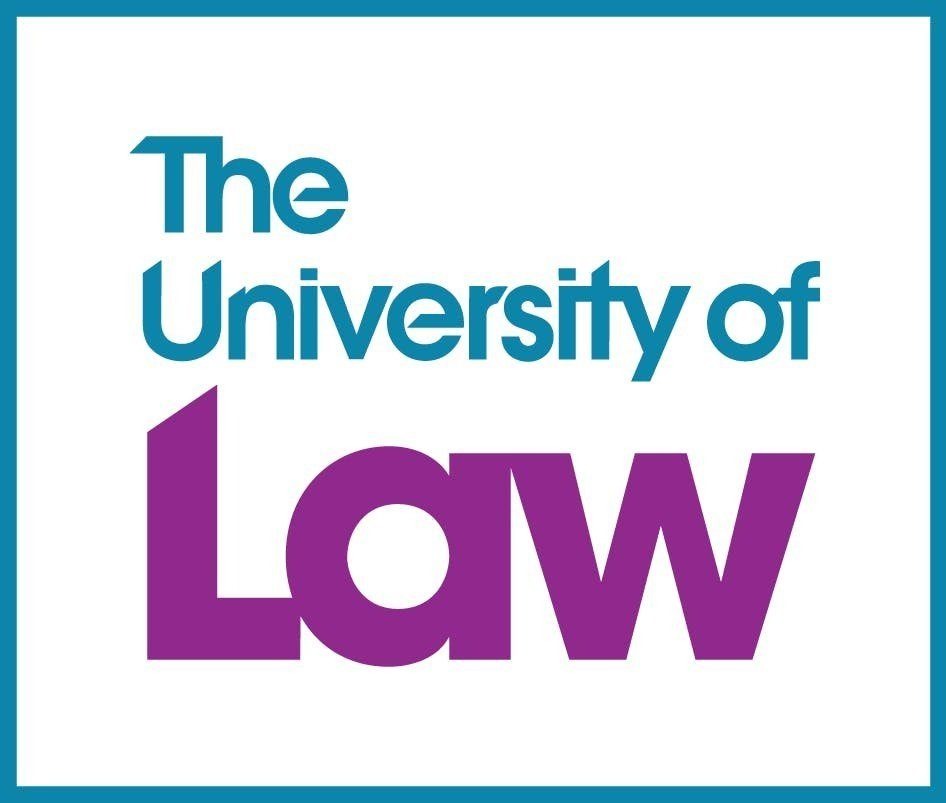The formative first sentence of Article 1 of the Universal Declaration of Human Rights (UDHR)
states that ‘all human beings are born free and equal’ [1]. It is therefore inconceivable to
think that human rights should apply to unborn foetuses: human rights begin at birth, and
trying to apply them to foetuses is incompatible with applying them to women [2]. This
incompatibility between foetal rights and women’s rights lies at the heart of the abortion
debate.
Texas’ Senate Bill 8 (‘SB8’), also known as the ‘heartbeat’ bill, bans abortions once embryonic
cardiac activity is detected, or around six weeks, long before many realise they are pregnant
[3]. This egregious infringement on women’s rights was signed into law in May this year,
effectively ending the ‘viability standard’ put into place by Roe v Wade (1973) and
Casey v Planned Parenthood (1992) [4]. This standard protected women’s right to health.
SB8 consequently goes against this right to health (Article 25 of the UDHR) as sections
171.203-171.204 stipulate that ‘a physician may not knowingly perform or induce an abortion on
a pregnant woman if the physician detected a fetal heartbeat for the unborn child’ [5].
Moreover, SB8 also goes against Article 12 of the UDHR ensuring the right to privacy, p
protecting a person’s right to choose whether or not to have an abortion privately [6]. The Bill
clearly prioritises foetal rights (which are not human rights) over women’s rights, therefore
going against the UDHR.
As it stands, the US Supreme Court has just allowed challenges to SB8 to continue [7]. But, as
demonstrated, the problem does not lie just with internal American issues of enforcing federal
laws at a state level but more broadly with applications (or lack thereof) of international
human rights legislation. Placing abortion laws in the context of international human rights is
key to understanding these issues.
[1] Universal Declaration of Human Rights, art 1.
[2] Rhonda Copelon and others, ‘Human Rights Begin at Birth: International Law and the Claim
of Fetal Rights’ (2005) 13(26) Reproductive Health Matters 120.
[3] Mary Tuma, ‘Most extreme abortion law in US takes effect in Texas’ (The Guardian, 2 S
September 2021) <https://www.theguardian.com/us-news/2021/sep/01/texas-abortion-law-
supreme-court> accessed 8 December 2021.
[4] Moira Donegan, ‘The supreme court is signalling that it’s ready to end Roe v Wade’ (The
Guardian, 2 December 2021
<https://www.theguardian.com/commentisfree/2021/dec/02/supreme-court-signalling-end-
roe-v-wade> accessed 8 December 2021.
[5] Tex SB8 (2021-22).
[6] Madeleine Henry, ‘Human Rights Under Threat: The Texas Heartbeat Act and Related
Restrictions’ (Madeleine Henry, 31 October 2021)
<https://www.madeleinehenry.com/blog/human-rights-under-threat-the-texas-heartbeat-act-
and-related-restrictions> accessed 9 December 2021.
[7] Devin Dwyer, ‘Supreme Court allows challenge to Texas abortion law to continue but lets
SB8 stand’ (ABC News, 10 December 2021) <https://abcnews.go.com/Politics/supreme-court-
acts-texas-abortion-law-sb8/story?id=80973461> accessed 10 December 2021.
















